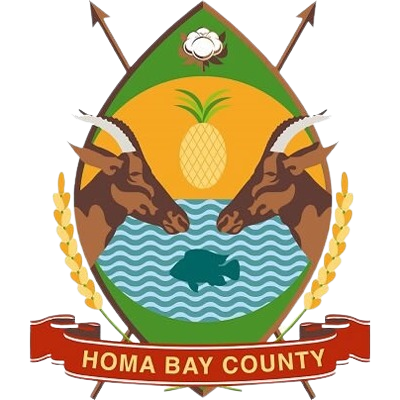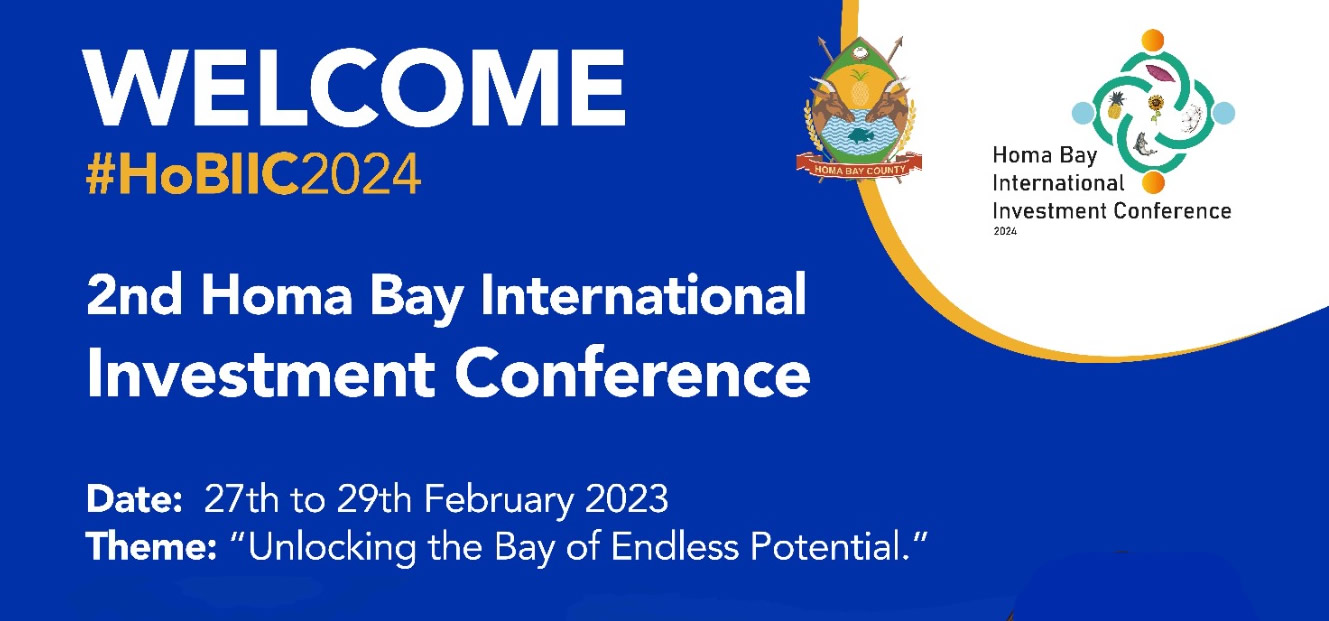Homa Bay County took a significant step towards urban revitalization and youth empowerment today with the official launch of the Kenya Informal Settlement Improvement Program (KISIP2) and its Labour Intensive Community Works initiative, expected to benefit about 5000 individuals living across all the 8 Informal Settlements in the County.
The program is being implemented by the Socio-Economic Inclusion Component of the Second Kenya Informal Settlements Improvement Project (KISIP2), in collaboration with the County Government of Homa Bay, through the County Project Coordination Team (CPCT).
Governor Gladys Wanga, presided over the launch in Homa Bay, emphasizing the program's multifaceted approach to tackling challenges faced by informal settlements.
“I am glad to officially kick off the start of this vital program that is oriented towards maintaining pace with population growth, environmental and socioeconomic challenges including poverty levels, inadequate housing, low access to water and sanitation, rising insecurity, diminishing opportunities, poor drainage, inaccessibility and frequent power outages,” Wanga said.
She added: "KISIP2 goes beyond infrastructure development," Governor Wanga declared. "By providing temporary employment for 4,800 young people from eight settlements, we're injecting money into the local economy while fostering a sense of ownership and community pride."
The Governor pledged to transform all the Informal Settlements of Shauri Yako, Sofia, Makongeni, A Thousand Street, Kendu Bay Kijijini, Ndhiwa, Nyandiwa and Rusinga Old Town into Centers of Economic Growth by addressing the deplorable living conditions through matching population needs with utilities in line with vision 2030, the constitution of kenya 2010, MDG 7 and international laws that mandate us to guarantee human dignity.
She explained that her administration is committed to addressing housing shortages, sustainable urban development as a critical aspect of socioeconomic development, saying that, “We must plan urban growth, secure land tenure, improve quality of life, create an enabling environment for business and enhance access to pivotal utilities.”
Homa Bay County Deputy Governor Hon. Oyugi Magwanga oh his part lauded the timely interventions of the program, coming in the run up to the soon to be held Homa Bay International Investments Conference (HOBIIC), saying it will improve the overall cleanliness and hygiene within the town and its environs.
A representative of the National Government Principal Secretary in charge of Housing, Mr. Julius thanked the Governor for her efforts in ensuring the County becomes the first to roll out the program saying, “as a policy, preference should be given to the people living in those settlements.”
The program will see residents undertake various labor-intensive activities ranging from digging trenches to control flooding, unclogging of blocked drainages, clearing bushes, collecting garbage, planting trees, art drawings, among others.
The exercise will run for 2 months and will engage 150 individuals per cohort working differently in 4 cohorts.
Each casual laborer will receive KES 700 per day while each supervisor will receive KES 800 per day.
The County Government of Homa Bay through the Department of Lands. Physical Planning, Housing and Urban Development has already procured Protective Personal Equipment and tools including wheelbarrows, spades and brooms to be distributed to the laborers in readiness for the work.
KISIP2 aligns with Governor Wanga's commitment to sustainable development and youth empowerment.



